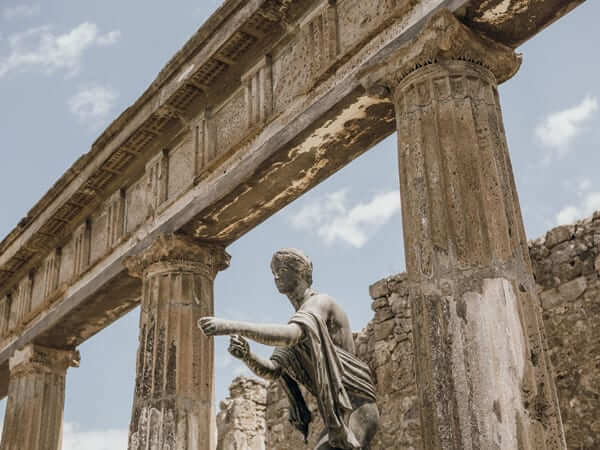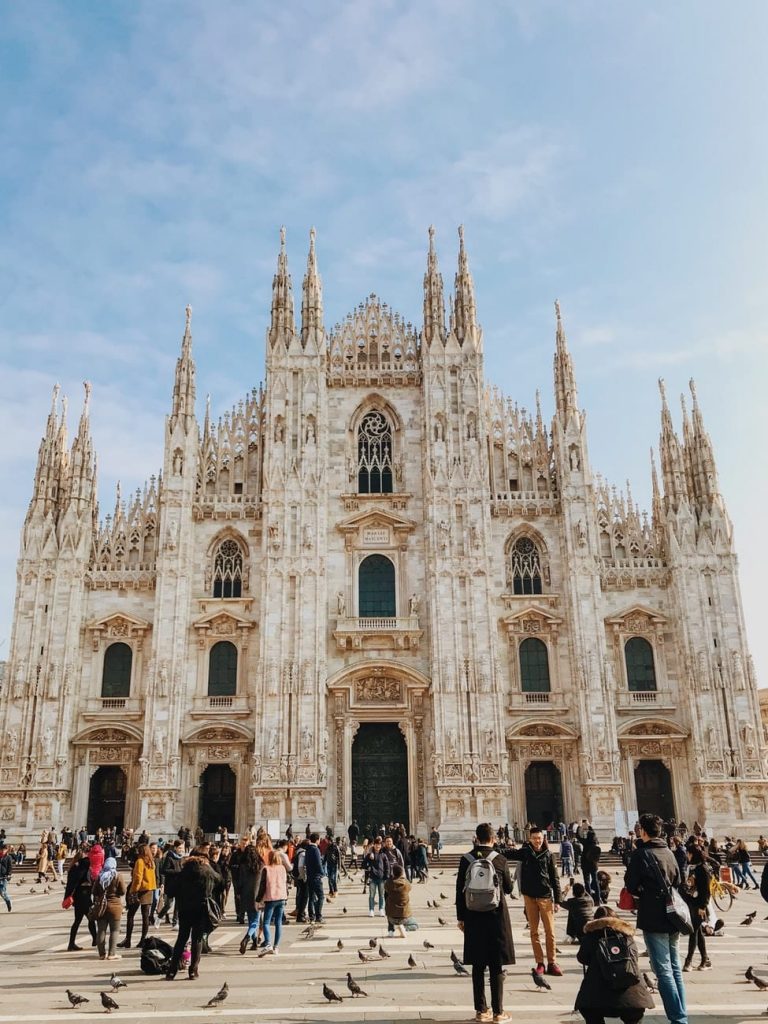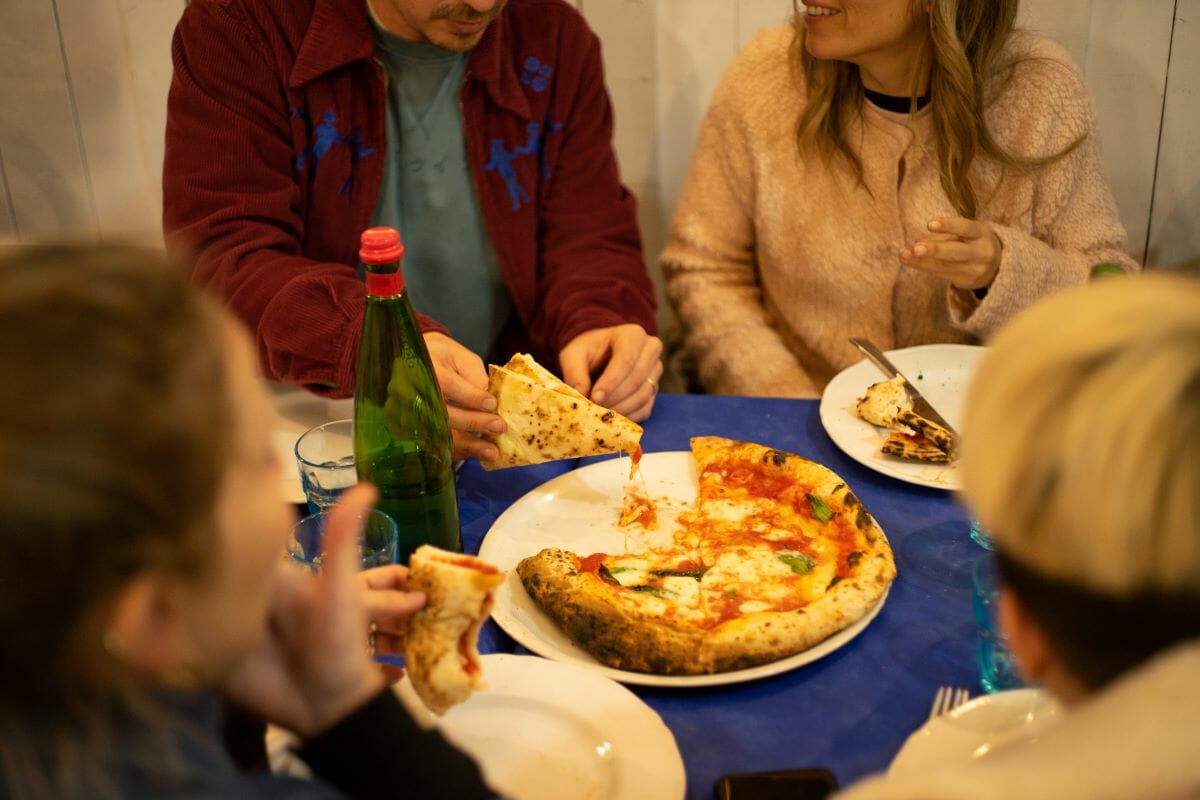
Napoli or Napule? Unveiling the Fascinating Secrets of the Neapolitan Language
October 6, 2024
“Naples is not Italy.” This is something you’ll hear from Neapolitans and Italians alike. Neapolitans are not afraid to declare their cultural uniqueness, and that extends to their city’s language. The Neapolitan language, called Nnapulitano, is so strong in the region that it has its own sub-regional dialects.
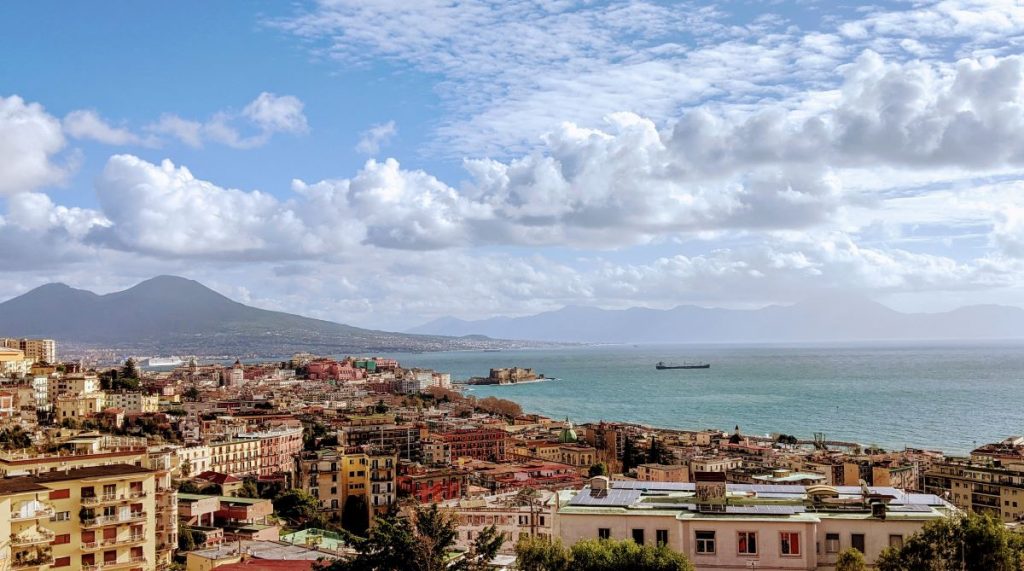
Although Nnapulitano has always been spoken in Naples, there’s been a recent interest in systematically preserving, documenting, and studying the little-known Neapolitan language. Read on to discover its influences and where you’ll find it in the city, from traditional food names to the common idioms you’ll hear while visiting Naples.
Table of Contents
ToggleWhat’s the difference between Italian and Neapolitan language, anyway?
While Italian and Neapolitan are both romance languages, they are distinct: even fluent or native Italian speakers have great difficulty understanding the Neapolitan language. Let’s start with the name of the city, for example.
In the Neapolitan language, Napoli is Napule (Nah-puu-luh). While Italian words end with a vowel, Neapolitans usually cut the vowel off the end, and don’t distinguish as much between the final “a” or “o”, opting instead for a neutral “uh” sound. You’ll hear a lot of “sh” sounds because the “s” sound often becomes “sh”.
The Neapolitan language also sounds more choppy than Italian when spoken and, ironically, might sound more stereotypical to a non Italian speaker. In fact, many of the stereotypes foreigners have about Italy are actually based on Neapolitan culture.

Where did the Neapolitan language come from?
Like the other Romance languages, the Neapolitan language has its origins in Latin. This language can trace its roots back to before the Roman empire, to the Ancient Greek that was spoken in Italy in the late 1st and early 2nd centuries. South Italy and Naples have been subject to various invasions and rules over the centuries, which has influenced the language.
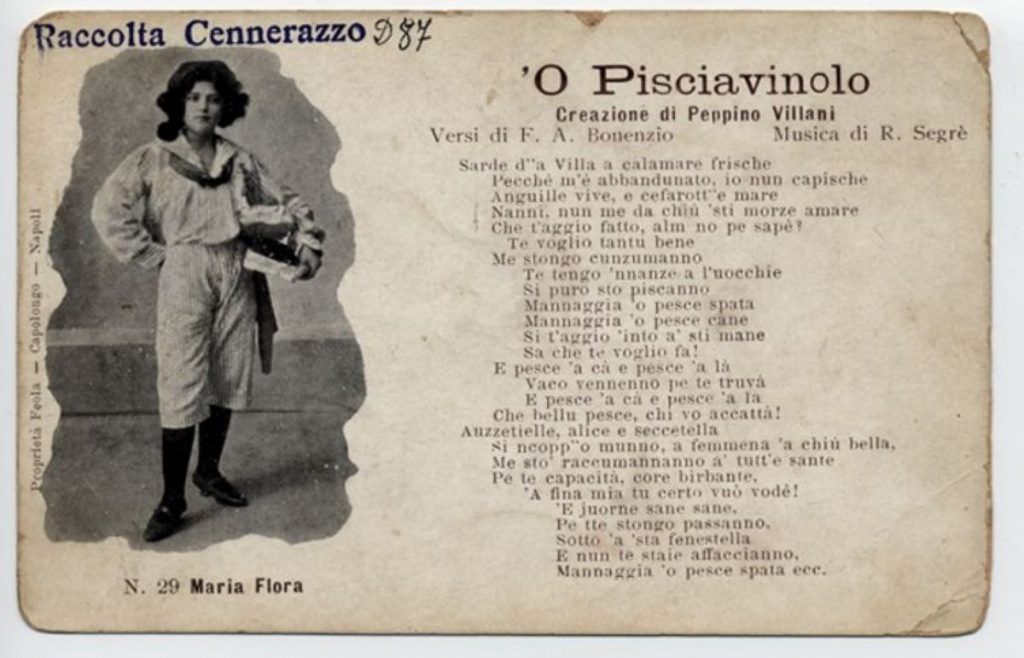
From the 16th until the 18th century, there were alternating periods of French and Spanish rule over the city (with a brief period of Austrian rule), which meant that Naples became a melting pot for languages. It has a heavy Spanish and French influence in its vocabulary. More recently, the language was shaped by the presence of Americans in the city from WWII onward, leading to anglicized words like sciuscià (shoeshine).
Cultural importance
Nnapulitano is alive and well on the streets and in the pop culture of Naples. While most people don’t speak fully in Neapolitan, it’s common to hear a mix of Italian and Neapolitan used in daily life. There’s a thriving Neapolitan music scene, with current artists like Liberato and Nu Genea gaining national popularity. Neapolitan rap has been evolving for decades, with artists and groups like 99 Posse and Co’Sang leading the way.
In terms of other media, there are several internationally-known TV shows like My Brilliant Friend, Mare Fuori, and Gommora. My Brilliant Friend was based on a book trilogy by Elena Ferrante that’s become popular among English and Italian speakers alike: we definitely recommend it for some culturally relevant reading on the plane!
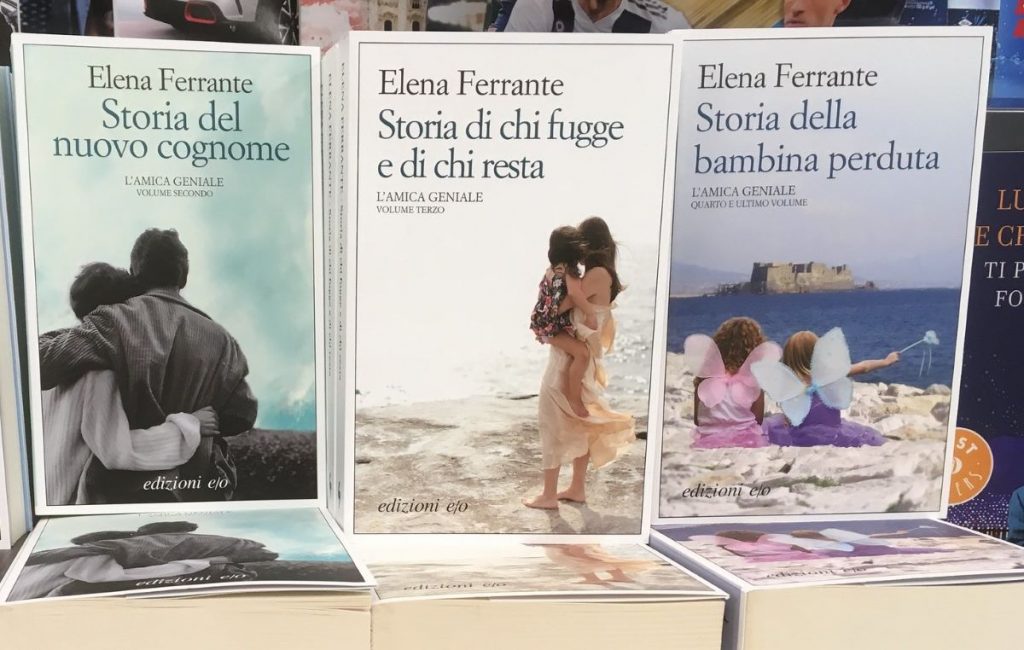
Walking around Naples, you might see proverbs and idioms hung on signs around the historical center and the Quartieri Spagnoli, and you’ll definitely see some traditional food names. Head to the next sections to discover some of the places you’ll encounter the historical language.
Navigating a Neapolitan menu
A local language is everywhere, from the culture to music to literature. And that extends to the food, too! In Naples, most menus have their dishes written in Italian, but some Neapolitan words you might encounter are o’ rrau (Neapolitan ragù), past’ e patan (pasta e patate), a’ pummarola (Neapolitan word for tomato, used in many dishes), o’ cuoppo (cup of fried food).
In Naples, ragù isn’t made from ground meat, but rather a tender braised beef falling off the bone. Pasta e patate is a simple but delicious dish of pasta, provola cheese and potato cubes. It’s a creamy, cheesy delight. O’ cuoppo is a type of street food you’ll commonly encounter of various fried foods served in a paper cup. You can usually choose between “mare”, which includes fried fish, and “terra”, which includes things like crocché (fried potato puree) and frittatine (fried pasta balls).
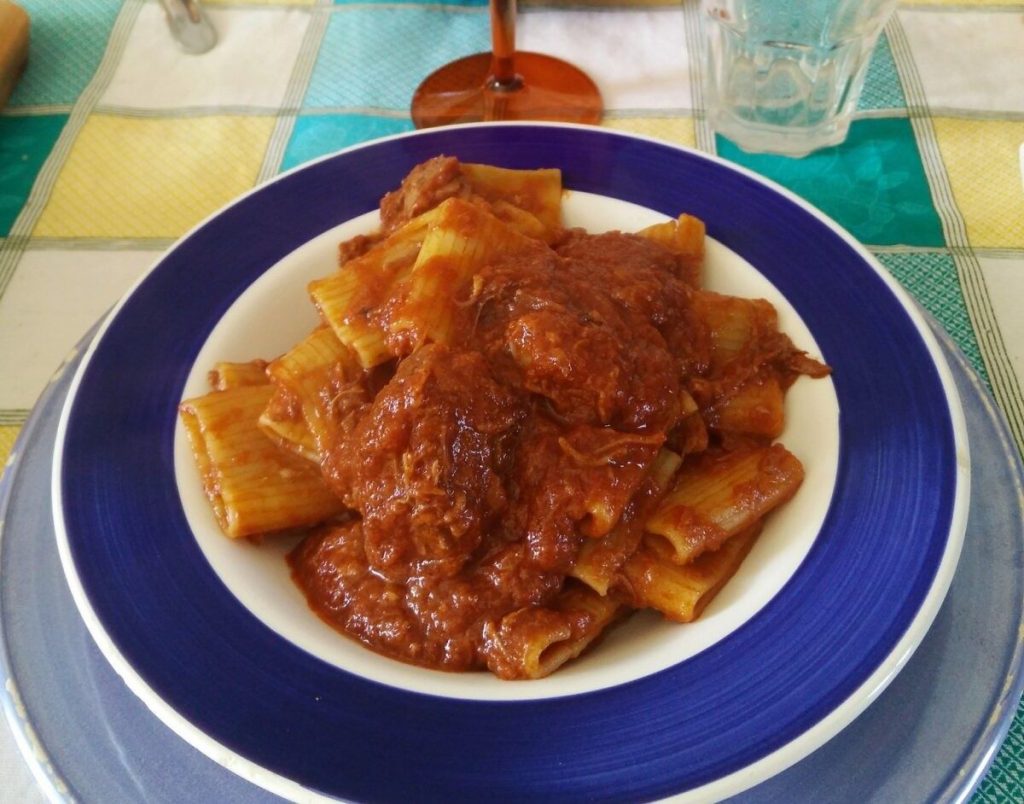
Famous Neapolitan language expressions
There are hundreds of idioms in the Neapolitan language, but here are five phrases you might see when in Naples.
-
- Vide Napule e po’ muore – Literally “see Naples, then die”, this idiom is used to mean that once you’ve seen the beauty of Naples, you can die happy.
-
- Staje senza pensier’ – Don’t worry about it.
-
- C’a’ maronn t’accumpagn – May Mother Mary be with you (basically, good luck).
-
- Adda passà ‘a nuttata – Literally “The night has to pass”, it means that night needs to pass before you can see the day.
-
- Ògne scarrafóne è bbèllo ‘a màmma sóia – This hilarious idiom means “every cockroach is beautiful to its mother”. It’s used when someone is exaggerating another’s beauty.
-
- Ccà nisciuno è fesso – Here, no one’s stupid. It means people in Naples know how to get around and to not get tricked.
All Neapolitans have their own favorites, though. If you have a tour guide in Naples, don’t be afraid to ask them about the proverbs they love.
The Neapolitan language, o’ nnapulitano, has a rich history that’s been sparking curiosity in recent times for the study and preservation of the language. Before traveling there, check out some of the Neapolitan music, TV shows, or books like Elena Ferrante’s trilogy to get in the cultural mood. Plus, learning a few phrases and the history of Neapolitan will help you have a richer experience in the chaotic, beautiful, unique city. C’a’ maronn t’accumpagn!
by Chelsea Newman
View more by Chelsea ›Book a Tour

Pristine Sistine - The Chapel at its Best
€89
1794 reviews

Premium Colosseum Tour with Roman Forum Palatine Hill
€56
850 reviews
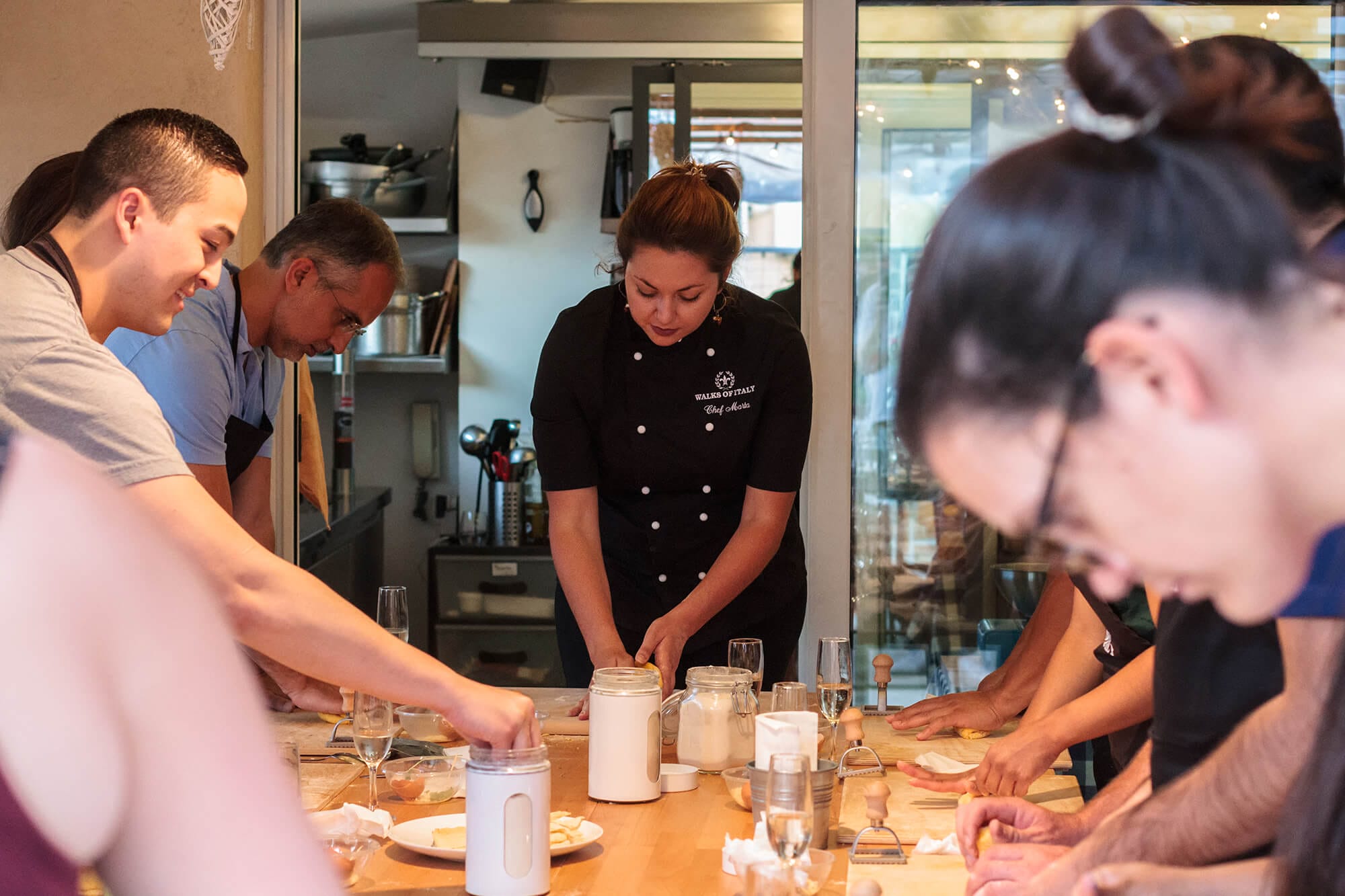
Pasta-Making Class: Cook, Dine Drink Wine with a Local Chef
€64
121 reviews

Crypts, Bones Catacombs: Underground Tour of Rome
€69
401 reviews
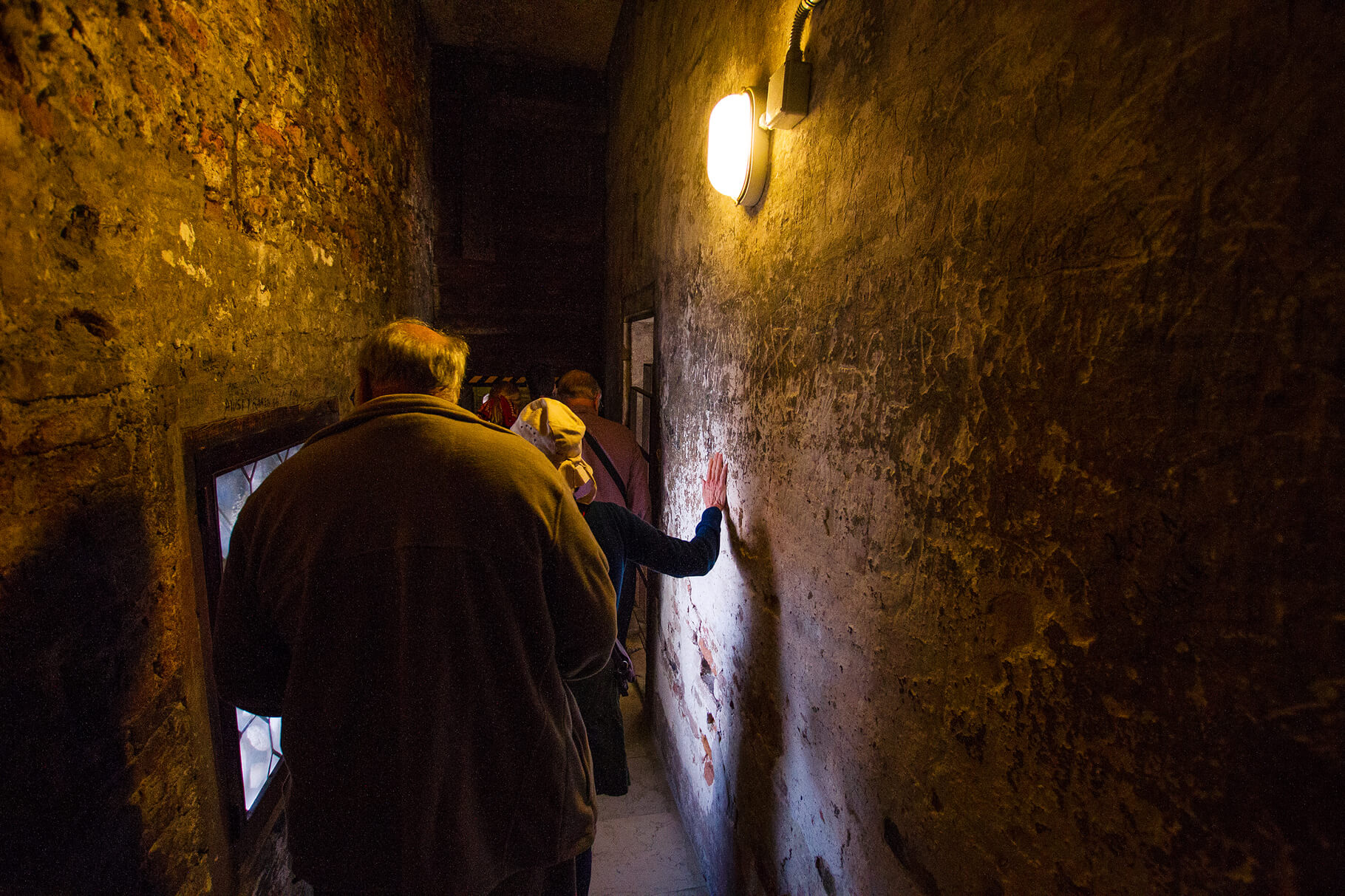
VIP Doge's Palace Secret Passages Tour
€79
18 reviews
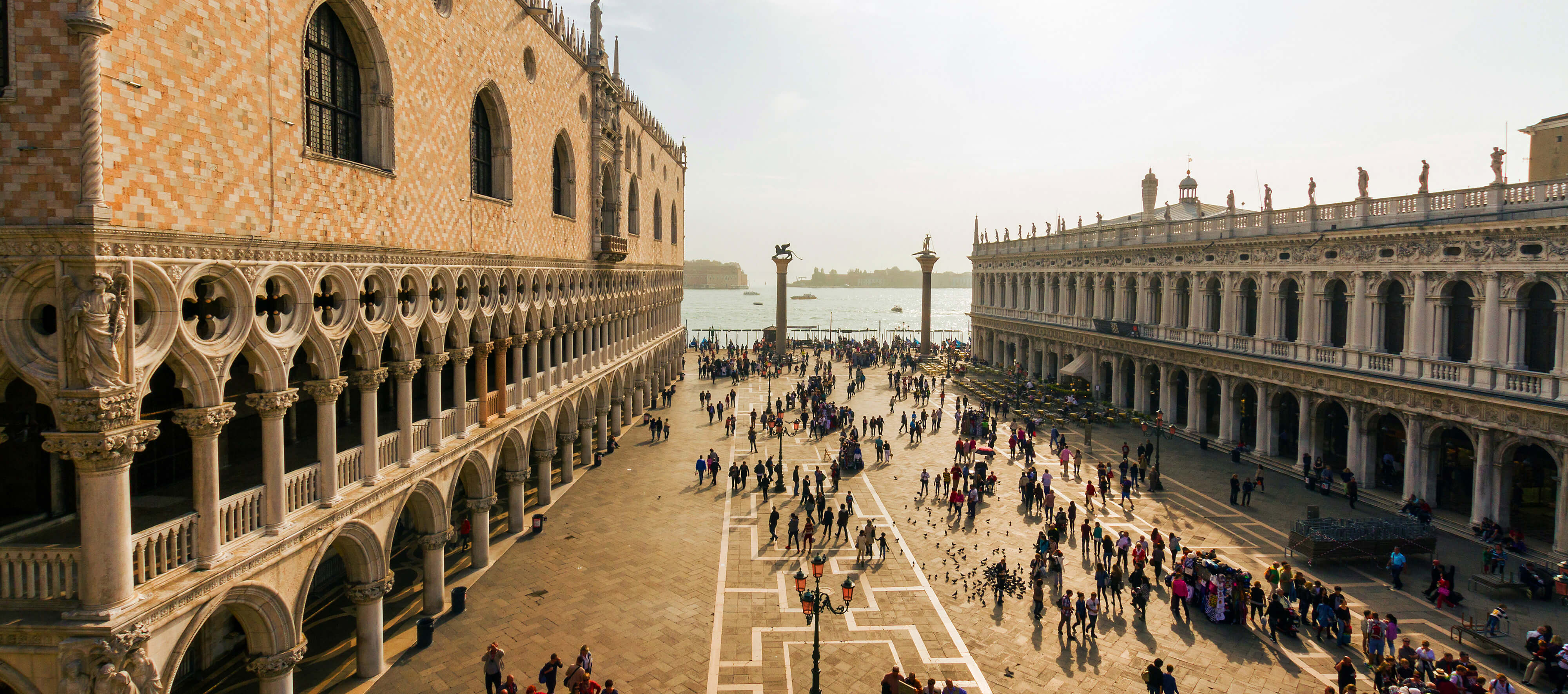
Legendary Venice: St. Mark's Basilica, Terrace Doge's Palace
€69
286 reviews




